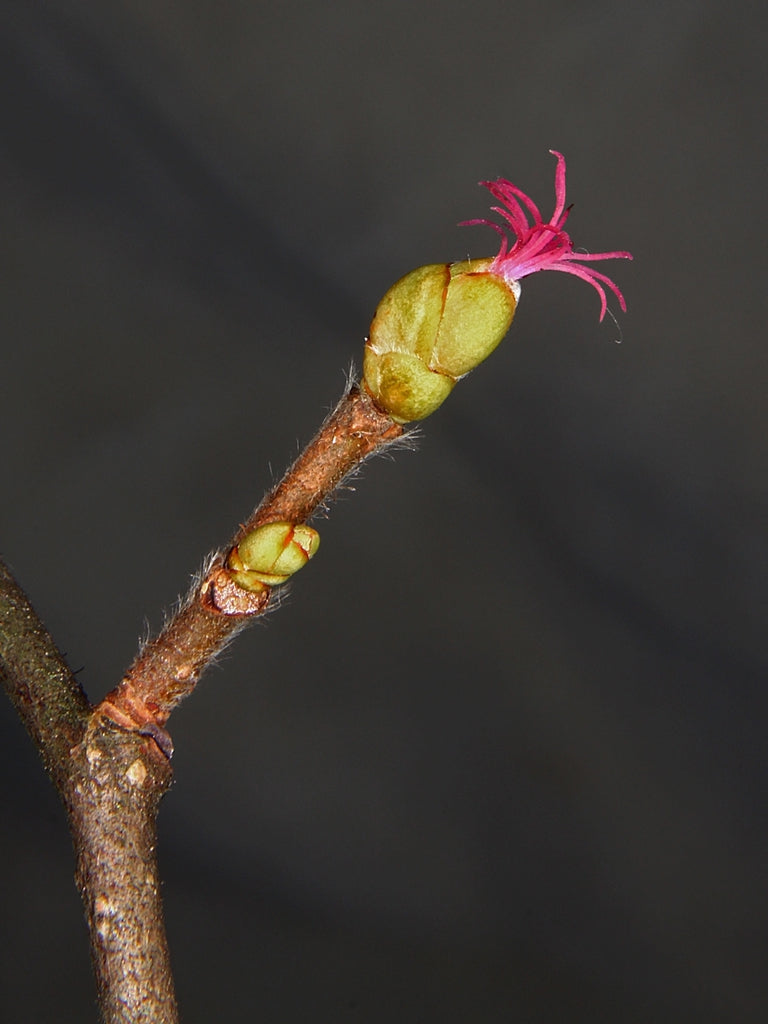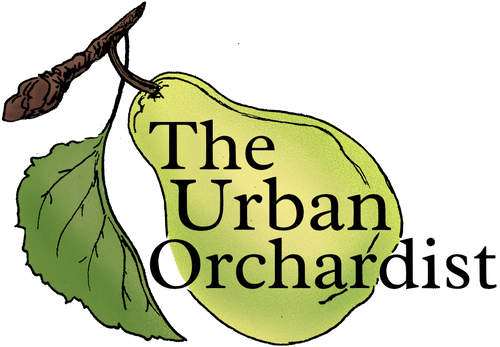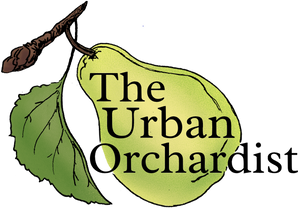


Hazelnut seedlings
Hazelnuts are low-maintenance, cold-hardy shrubs that produce edible nuts. Of all the nut trees, hazelnuts are the quickest to produce nuts - if well cared for, you can expect nuts after a few years. Hazelnuts are delicious, healthy, and easy to crack. I must warn you, however, that depending on your location, the only challenge will be keeping squirrels from getting all your nuts.
I have a mix of potted two-year old trees and bare root one-year old trees, all of which are approximately and approximately 2'-3' tall.
The height of hazelnut trees generally maxes out at 10'-15' tall, and can be pruned as shorter, single-trunk trees, or left on their own to form multi-stemmed thickets (they don't spread far via root suckers; they stay fairly contained to their planting location).
Hazelnut thickets are excellent for coppicing - the cyclical practice of thinning out the tallest trunks/stems from the thicket for other uses (trellises, fencing, etc.), which exposes the smaller trunks to more sunlight.
Hazelnuts also have beautiful magenta-coloured flowers that brighten up late-winter days, although they are very easily overlooked due to their small size.
Parentage: My seeds are sourced from Grimo Nut Nursery's open-pollinated orchard of selected hazelnut parents of mixed Asian and North American genetics.
Pollination: Hazelnuts require cross-pollination, meaning you need more than one to get nuts (the more the better). Like most nut trees, hazelnuts are wind-pollinated.
References:
OMAFRA's Specialty Cropportunities page on hazelnuts.
Image 2: Vlad Siaber.
Image 3: H. Zell.





